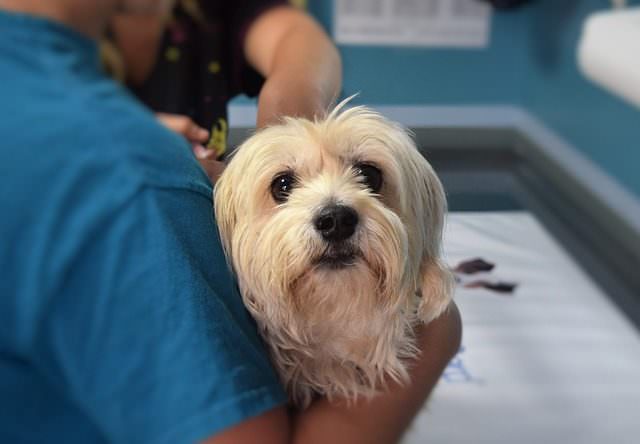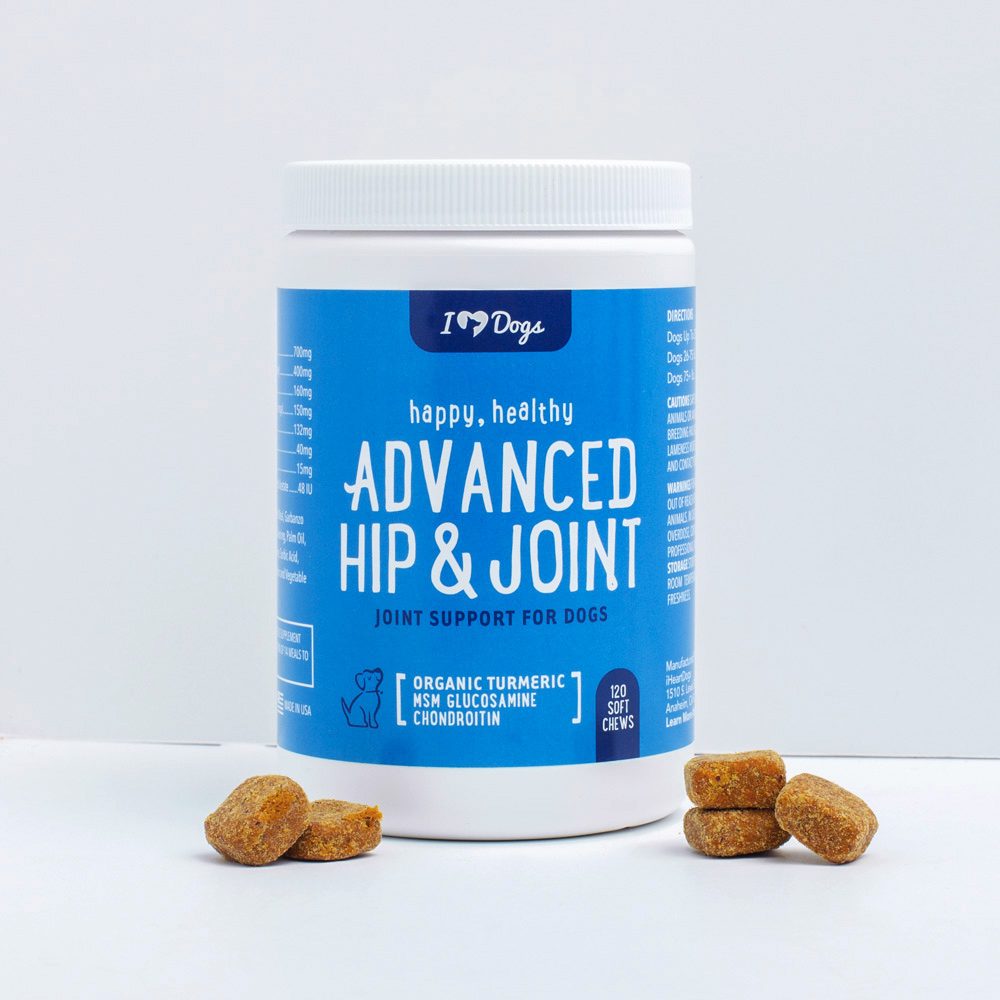Turmeric (or Indian saffron) is the spice that gives curry it’s yellow color. Veterinary approved supplements for dogs often contain Curcumin – the active ingredient in Turmeric – because it acts as a natural anti-inflammatory and antioxidant. Researchers and nutritionists are singing its praises as a medicinally effective herb for the mind and body of both people and pets.

There is evidence that the Curcumin in Turmeric can provide the following 6 health benefits:
1. Reduce/Prevent Chronic Inflammation
Short-term inflammation actually plays a role in keeping the body healthy by fighting off foreign pathogens. Long-term inflammation, on the other hand, is associated with almost every major disease including heart disease, cancer, metabolic syndrome, dementia and various degenerative conditions. One study showed that the power of Curcumin in reducing inflammation may even match that of many anti-inflammatory drugs – without the side effects.
In particular, dogs suffering from joint inflammation or arthritis may see great benefits from turmeric. (This is the reason we made turmeric an active ingredient in our joint care chews.)

2. Reduce Pain
Pain is caused by inflammation, so once again Curcumin’s natural anti-inflammatory properties can help reduce pain and damage caused by arthritis, degenerative disc disease, injuries, etc.

3. Promotes Cardiovascular Health
It’s believed that Curcumin acts as a blood thinner that reduces the risk of blood clots and helps rid the body of excess cholesterol. It also improves the function of the endothelium (the lining of the blood vessels) which aids in blood clotting and regulating blood pressure.

4. Aid in Digestion
In order for healthy digestion to take place the liver must produce bile to break down fat. If this system is impaired, liver, gallbladder and intestinal issues can arise. Curcumin has been proven to stimulate bile production. Underweight, extremely active and pregnant/nursing dogs all require more fat in their diets, so Turmeric can be especially beneficial for them.

5. Shows Promise with Cancer Patients
Several studies conducted by the National Center for Biotechnology Information (NCBI) have shown promising results in using Curcumin with cancer patients. The herb seems to affect cancer growth as well as development and spread at the molecular level. It has also been shown to inhibit the growth of blood vessels within tumors and contribute to the death of cancer cells.

6. Promotes Healthy Brain Activity
The rates of Neuro-degenerative diseases in India – where Turmeric is consumed regularly – are considered very low in comparison to western nations. This may be due, at least in part, to Curcumin, which crosses the blood-brain barrier to reduce inflammation and oxidative damage. A study by NCBI also showed it to be beneficial in clearing Amyloid plaques in the brain associated with dementia.

**As always, before starting any new medication or supplement you should consult your veterinarian. Turmeric is quite safe in healthy dogs, but may have restrictions for those with certain conditions like kidney stones or diabetes.
H/T to YourOldDog.com & AuthorityNutrition.com
If supplementation with Turmeric makes sense for your dog, you might consider trying our new Happy, Healthy Advanced Joint Care Supplement with Turmeric. In addition to Turmeric, it contains 7 other active ingredients that support healthy joints and help improve mobility. And like any product sold from iHeartDogs.com, each purchase supports animal shelters!
These statements have not been evaluated by the Food and Drug Administration. This product is not intended to diagnose, treat, cure, or prevent any disease. The information on this website is not intended to replace a one-on-one relationship with a qualified health care professional.

 Toledo, United States.
Toledo, United States.